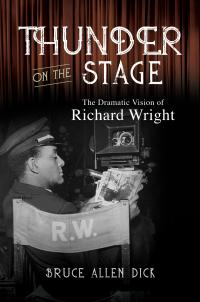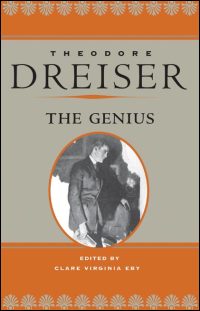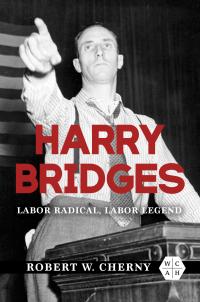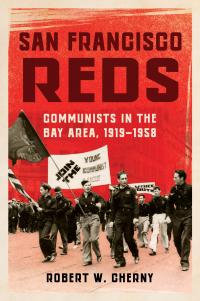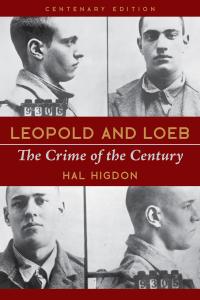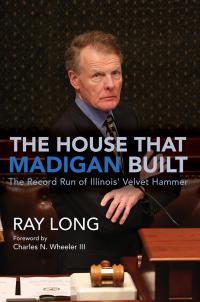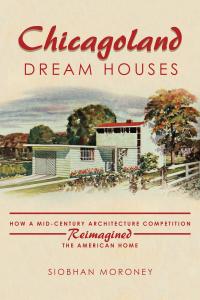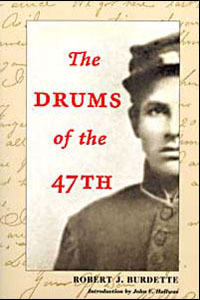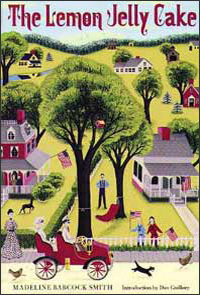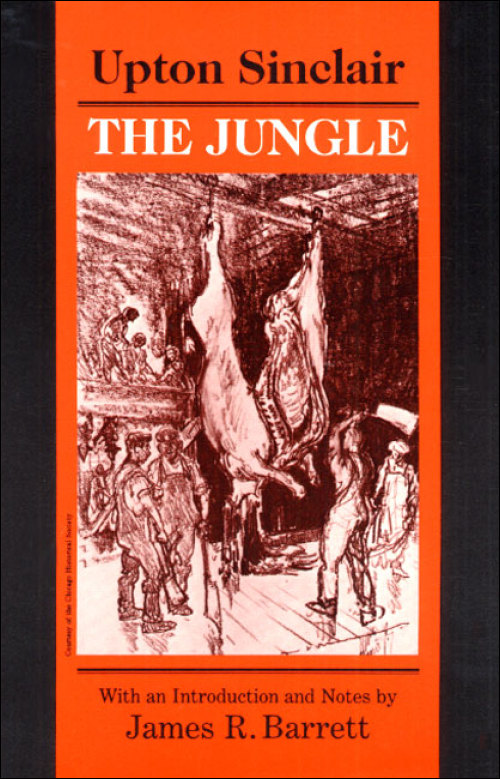
The Jungle
About the Book
One of the most important American novels of the twentieth century, The Jungle shocked a nation with its horrifying depiction of the meatpacking industry and the dangerous labor performed by its impoverished, exploited workers. In this first annotated edition of Upton Sinclair's muckraking classic, James Barrett provides students and scholars with a broader understanding of the events and the milieu that led Sinclair to write the book.About the Author
James R. Barrett is professor emeritus of history at the University of Illinois at Urbana-Champaign. His works include The Irish Way: Becoming American in the Multi-Ethnic City and Work and Community in the Jungle: Chicago's Packinghouse Workers, 1894-1922.Reviews
Blurbs
"This is the edition of The Jungle that historians of labor and immigration history have long needed. James Barrett's meticulous editing has located Upton Sinclair's classic novel precisely in the social and political history of the early twentieth century."-- David Montgomery, author of The Fall of the House of Labor: The Workplace, the State, and American Labor Activism, 1865-1925
"Upton Sinclair's great muckraking novel deserves this fine new edition. And so do readers--including the legions of students in American history classes--encountering for the first time Sinclair's world of Chicago packinghouses and immigrant workers. No one can fail to be the wiser for James Barrett's perceptive introduction and impeccable annotation. Sinclair himself would have been pleased."--David Brody, author of Steelworkers in America: The Non-Union Era
"In his informed, perceptive introduction James Barrett is the first to examine the strengths and weaknesses of Sinclair's treatment of the immigrant workers on the great Chicago meat companies' assembly, or ‘disassembly,' lines. In fascinating detail Barrett points out the accuracy of Sinclair's depiction of dangerous working and living conditions in 'Packingtown' and his inability to perceive the support provided workers and their families by ethnic, religious, and union institutions. Barrett makes one observe this famous novel with new eyes and fresh judgment."--Walter B. Rideout, author of The Radical Novel in the United States, 1900-1954
